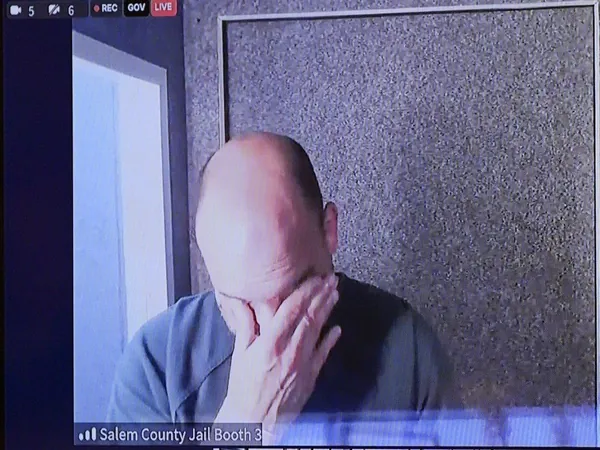
Shocking Survey Reveals 25% of Adults May Have Undiagnosed ADHD—What You Need to Know!
2024-10-14
Author: Liam
Shocking Survey Reveals 25% of Adults May Have Undiagnosed ADHD—What You Need to Know!
Attention Deficit Hyperactivity Disorder (ADHD) is often perceived as a childhood concern, but a recent survey indicates a striking shift in awareness among adults. Thanks to social media trends, millions of views on informative videos are prompting individuals to reconsider long-held beliefs about their own attention struggles, focus issues, and restlessness that they suspect could be undiagnosed ADHD.
In a revealing national survey conducted by The Ohio State University Wexner Medical Center, which sampled 1,000 American adults, an eye-opening 25% reported that they suspect they might have undiagnosed ADHD. Alarmingly, only 13% of these respondents have confided these suspicions to their healthcare providers. This discrepancy raises significant concerns among mental health experts about the risks of self-diagnosis and the potential for inappropriate treatments.
Dr. Justin Barterian, a psychologist and clinical assistant professor at Ohio State’s Department of Psychiatry and Behavioral Health, warns, “Conditions like anxiety, depression, and ADHD often have overlapping symptoms. Misdiagnosis or incorrect treatment can exacerbate problems instead of providing relief.” It’s estimated that around 4.4% of adults aged 18 to 44 actually have ADHD, with many going undiagnosed until later in life.
Interestingly, the survey underscores a generational divide: younger adults are more likely to suspect they have ADHD and are proactive about seeking help compared to older generations. Barterian emphasizes the importance of consulting medical professionals, typically primary care providers, to obtain referrals for thorough evaluations by mental health specialists. “If social media content resonates with your experiences, don’t hesitate to get a professional assessment,” he advises.
Understanding Adult ADHD
Adult ADHD manifests as significant difficulties in attention, hyperactivity, and impulsivity, which can severely disrupt functioning across various aspects of life, including work and personal relationships. Symptoms are not just remnants from childhood but can persist into adulthood or appear later in life.
There are three recognized types of ADHD: 1. **Inattentive ADHD:** Characterized by distractibility and difficulty maintaining attention, often referred to as Attention Deficit Disorder (ADD). 2. **Hyperactive and Impulsive ADHD:** Marked by impulsivity and hyperactivity. 3. **Combined ADHD:** Includes a combination of inattentive, hyperactive, and impulsive symptoms.
Diagnosing ADHD in adults can be particularly challenging due to symptom overlap with other mental health issues like anxiety and depression. As Barterian notes, “The expression of ADHD symptoms can vary widely among individuals. For some, it may manifest as disorganization and difficulty focusing, while for others, it can present as impulsivity in social situations.”
Final Thoughts
In conclusion, if you find that common ADHD traits resonate with your daily challenges, it’s crucial to seek a professional evaluation. Greater awareness and understanding of ADHD in adulthood can lead to more effective management and a better quality of life for many who are currently struggling without a diagnosis. Don't let the stigma hold you back—take charge of your mental health today!









 Brasil (PT)
Brasil (PT)
 Canada (EN)
Canada (EN)
 Chile (ES)
Chile (ES)
 España (ES)
España (ES)
 France (FR)
France (FR)
 Hong Kong (EN)
Hong Kong (EN)
 Italia (IT)
Italia (IT)
 日本 (JA)
日本 (JA)
 Magyarország (HU)
Magyarország (HU)
 Norge (NO)
Norge (NO)
 Polska (PL)
Polska (PL)
 Schweiz (DE)
Schweiz (DE)
 Singapore (EN)
Singapore (EN)
 Sverige (SV)
Sverige (SV)
 Suomi (FI)
Suomi (FI)
 Türkiye (TR)
Türkiye (TR)